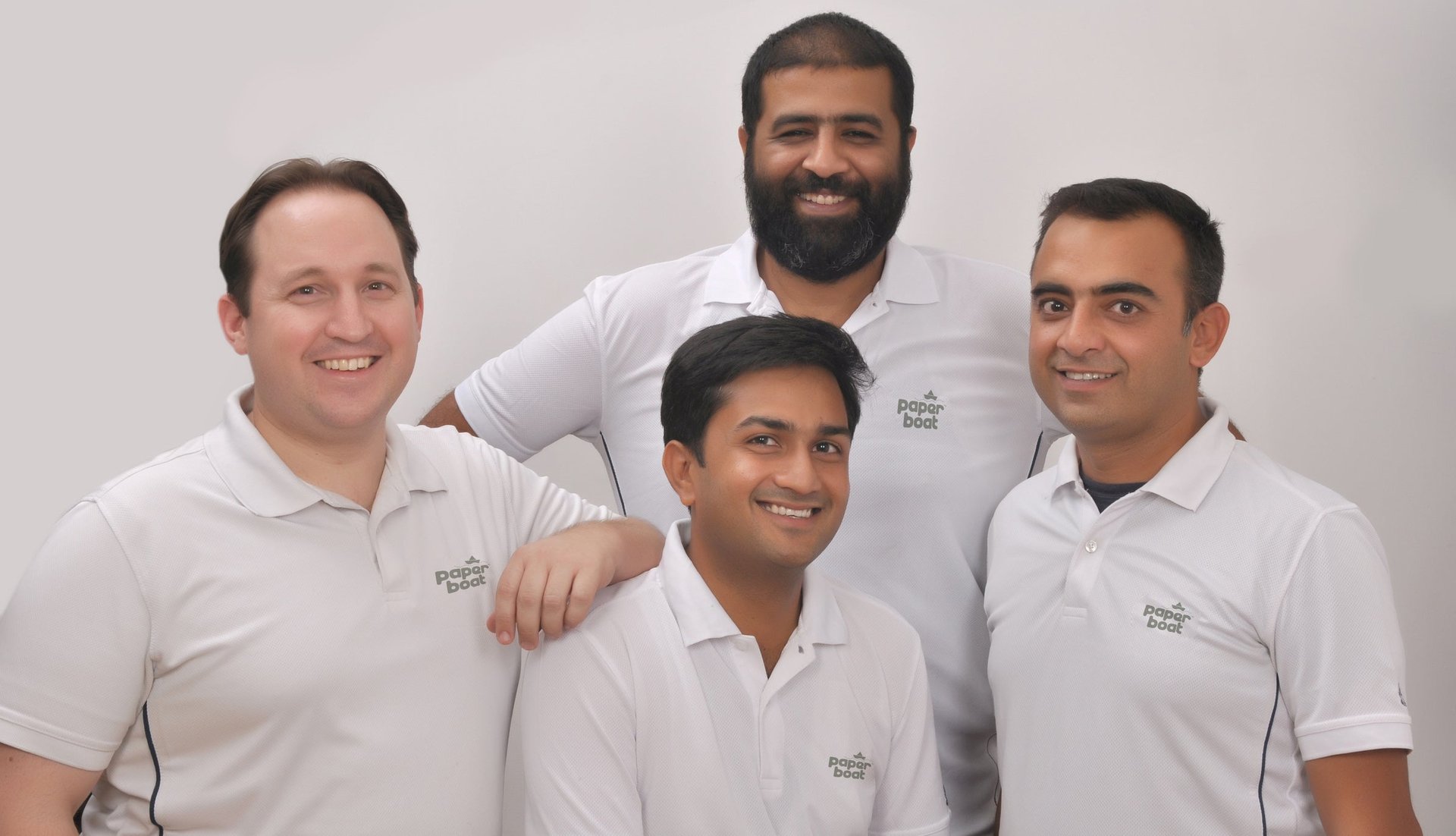This company sells Indians beverages with a dose of nostalgia, in a way Coke or Pepsi never can
The four founders of Hector Beverages were in the middle of a casual business lunch, sipping aam panna that one of their moms prepared for the team every day.


The four founders of Hector Beverages were in the middle of a casual business lunch, sipping aam panna that one of their moms prepared for the team every day.
Suddenly, they realized they were actually drinking a million-dollar idea.
India is a rich country when it comes to beverages. Each state has its own local drink. But these traditional concoctions are slowly disappearing. For one, preparing these drinks is laborious. For instance, creating aam panna, a mango summer cooler, involves not just procuring the right kind of green mangoes and spices, but also peeling, steaming, boiling, and grinding.
A bigger reason why this section of subcontinent’s cuisine faces extinction is that none of the major beverage brands invested in creating ready-to-drink versions of local drinks.
Now, this is the space that is being targeted by three-year-old startup Hector Beverages, which launched Paper Boat last August. The founders are Neeraj Kakkar, Suhas Misra, Neeraj Biyani, and James Nuttal.
“These drinks have been around for centuries and nobody has ever thought of packaging them,” says Kakkar, who worked for Coca Cola for eight years before starting up. “I wonder why I never thought of this business idea earlier.”
Paper Boat sells classic Indian drinks in hygienic and attractive plastic pouches all over the country. Even though it is less than a year old, in many supermarkets it has become as much of a soft-drink superstar as Coke or Pepsi. Some of its drinks are even used as mixers in trendy bars in big cities.
Aam Panna is one of their highest-selling products. Some of their other flavours include jaljeera (made of lemon and spices), aam ras (mango pulp and sugar) and kokum sherbert (kokum is a berry found in Western Ghats in India).
One of their most ingenious drink is Gol Guppa ka Paani. The spicy water is a part of one of India’s most popular street foods, of course. It also happens to be associated with innumerable gastronomical horrors because the accompanying flavoured water is often from dubious sources. But despite its popularity, nobody ever thought of packaging it as a drink.
“We are so used to our traditional drinks not being available in a hygienic manner in the market,” says Neeraj Kakkar, who is co-founder and CEO of Hector Beverages, which raised $12 million (Rs 72 crore) from Sequoia Capital, Footprint Ventures and N.R. Narayana Murthy’s Catamaran Ventures. “But this is the stuff our childhood is made of.”
This is precisely why the product has been a runaway hit. The company sells nostalgia, 250 ml at a time.
So far, the soft drink discourse in India has been mainly dominated by western flavours and imagery. The industry is worth 530 billion rupees ($8.6 billion) and Pepsi and Coca Cola keep a vice-like grip over the market.
Hector Beverages has defied all conventions by selling traditional homemade Indian beverages. It manufactures 2 million units per month and sells out of all of them. The company has doubled its sales since January.
And not only have they caught the attention of urban India in less than a year, they managed to do so without a big Bollywood celebrity endorsing them.
Kakkar and his team did not taste instant success. They launched Tzinga, an energy drink three years ago. But that market is not only minuscule in India, it is almost entirely dominated by Red Bull.
“There is little consumer demand for energy drinks in India,” says Harminder Sahni, founder, Wazir Advisors, a management-consulting firm. But with Paper Boat, the company has a winner on their hands, says Sahni. “Instead of coming up with flavours Indians are unfamiliar with, why not package what they already drink.”
And urban young Indians do not mind paying a premium for a familiar taste of childhood—a 250 ml packet of Paper Boat is more than double the cost of a 200ml cola bottle.
The company has already tied up with many five-star hotels and all airlines in India. They are also planning to launch an online store and expand their distribution network. By opening a new facility in Mysore next year, the Haryana-based startup plans to increase its production nearly 4 times to 8 million units per month.
Their biggest competition, according to Sahni, would be other startups, which might invest more in marketing, speed and production.
“Large companies do not really care about niche segments,” says Sahni. “Although, tomorrow Coke or Pepsi might buy Hector Beverages.”
Kakkar, a Wharton School graduate, is unfazed by such predictions. Neither is he looking to get acquired. Instead, he is focused on finding the right recipe for his new drinks: sattu, a traditional drink from Bihar and kaanji, a fermented black carrot beverage from northern India.